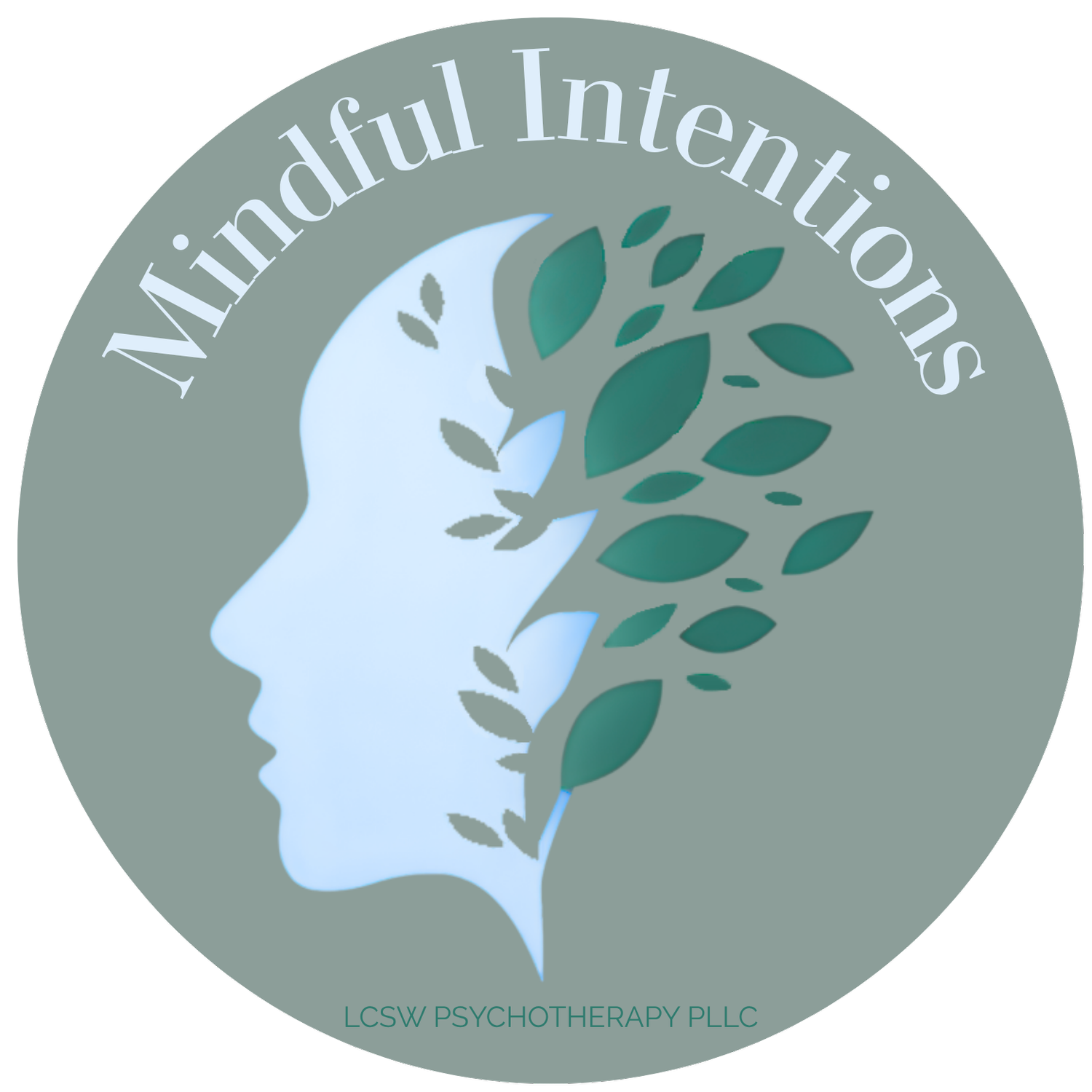Adjustment Disorders
Adjustment Disorder is a stress-related mental health condition that occurs when an individual has difficulty coping with or adjusting to a significant life change, stressor, or transition. These stressors may include things like the end of a relationship, loss of a job, starting a new school or job, moving, illness, family conflict, or any major life disruption.
What makes an Adjustment Disorder different from a typical stress response is that the emotional or behavioral symptoms are more intense or persistent than expected, and they significantly interfere with a person's ability to function in daily life—whether at work, in relationships, or in self-care.
Symptoms can vary but may include:
Excessive worry or anxiety
Depressed mood, tearfulness, or hopelessness
Irritability or anger
Difficulty concentrating or sleeping
Social withdrawal or isolation
Somatic complaints (e.g., fatigue, stomachaches)
Difficulty managing responsibilities or routines
It’s important to understand that these reactions are not signs of weakness or failure. They are your mind and body’s way of responding to stress that may have exceeded your current capacity to cope. Adjustment Disorders are very common, treatable, and often time-limited—meaning that with support, people typically recover as they build resilience, gain insight, and develop new coping strategies.
How We Can Help
Therapy for Adjustment Disorder is focused on helping individuals regain emotional stability, develop healthier coping strategies, and restore functioning after a significant life stressor or transition. Since Adjustment Disorders are rooted in the way we respond to change or stress, therapy is designed to be supportive, empowering, and tailored to your unique situation. Treatment approaches are usually short-term and highly focused.
The goals of treatment typically include:
Understanding the impact of the stressor and how it's affecting your thoughts, emotions, and behaviors
Building coping skills to manage anxiety, sadness, overwhelm, or irritability
Improving problem-solving abilities and decision-making in the face of stress
Exploring underlying beliefs or patterns that may be intensifying your distress (such as perfectionism, black-and-white thinking, or self-blame)
Strengthening emotional regulation and resilience so you feel more in control during future stressors
Reconnecting with support systems, personal values, and meaningful goals
Most people experiencing Adjustment Disorders respond well to treatment and begin to feel relief in a relatively short period of time. Therapy is not about "fixing" you—it's about supporting your natural ability to adapt and grow, even through difficult circumstances.
With the right support, it’s very possible to come through this period with greater clarity, emotional strength, and confidence in your ability to handle life’s challenges.
